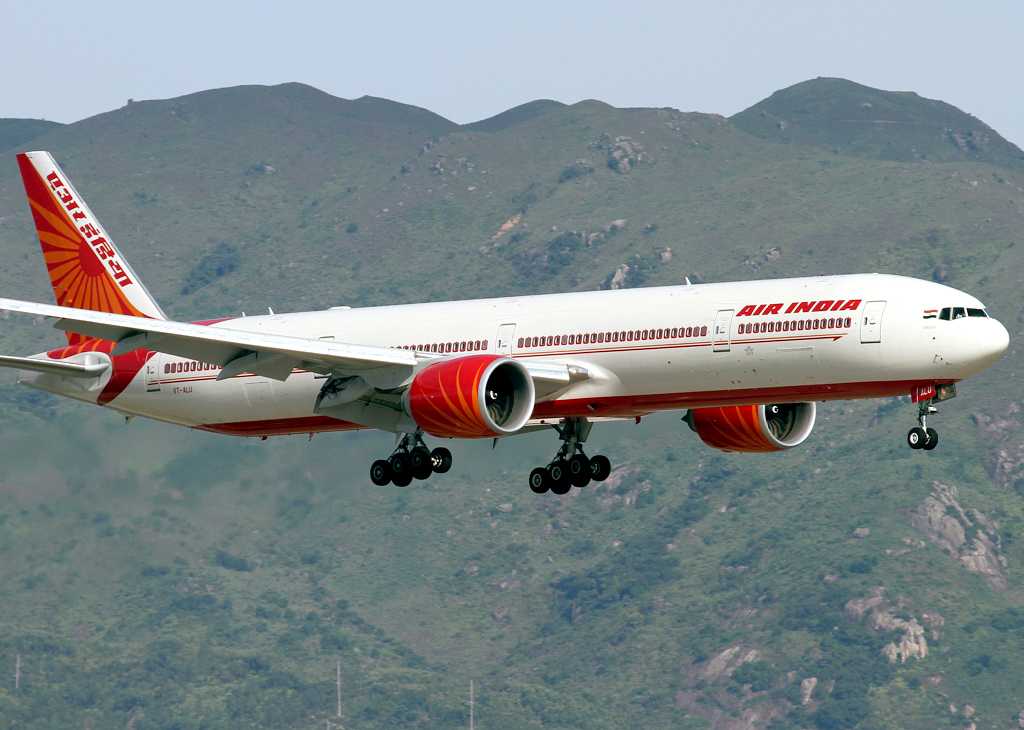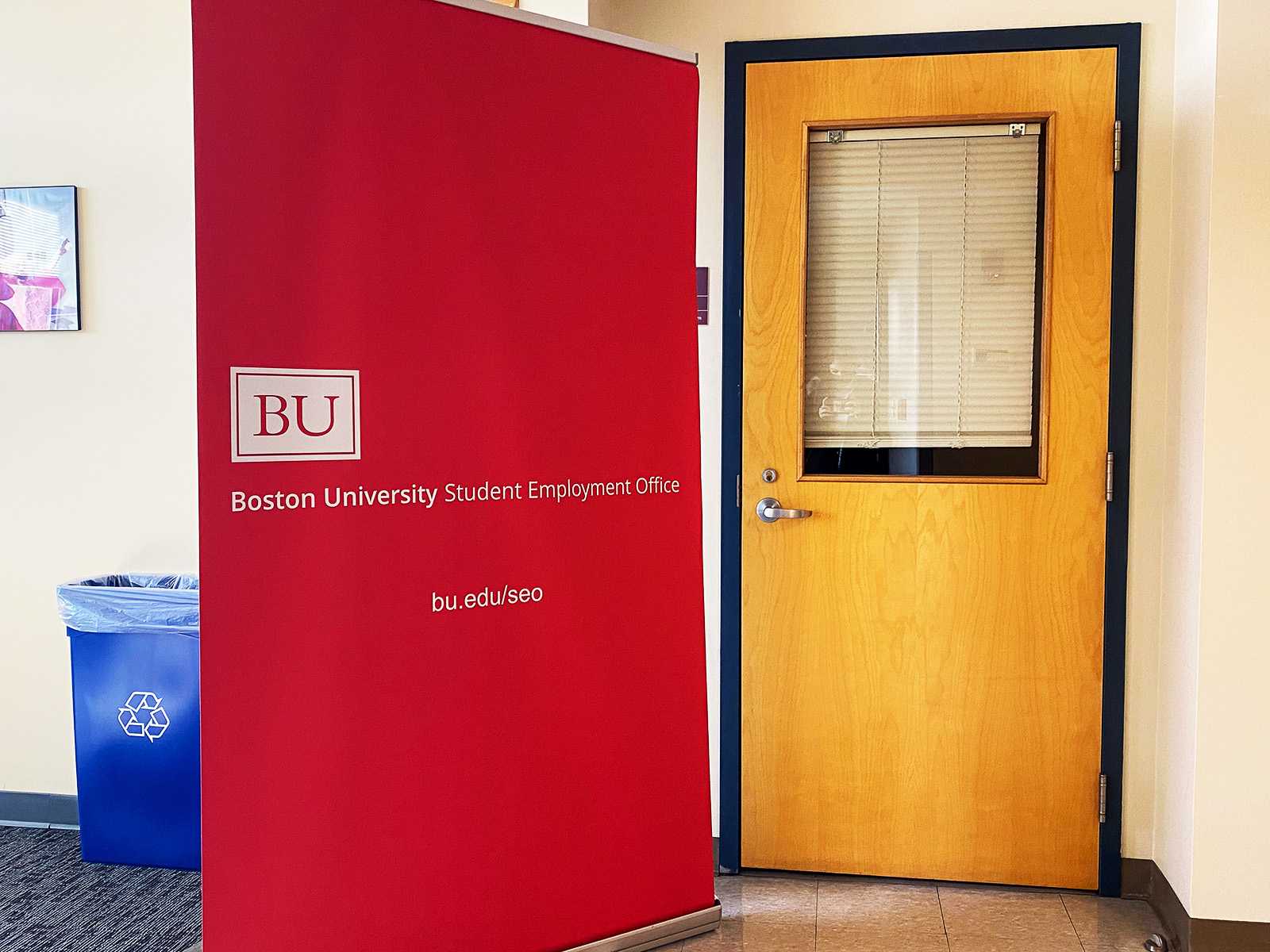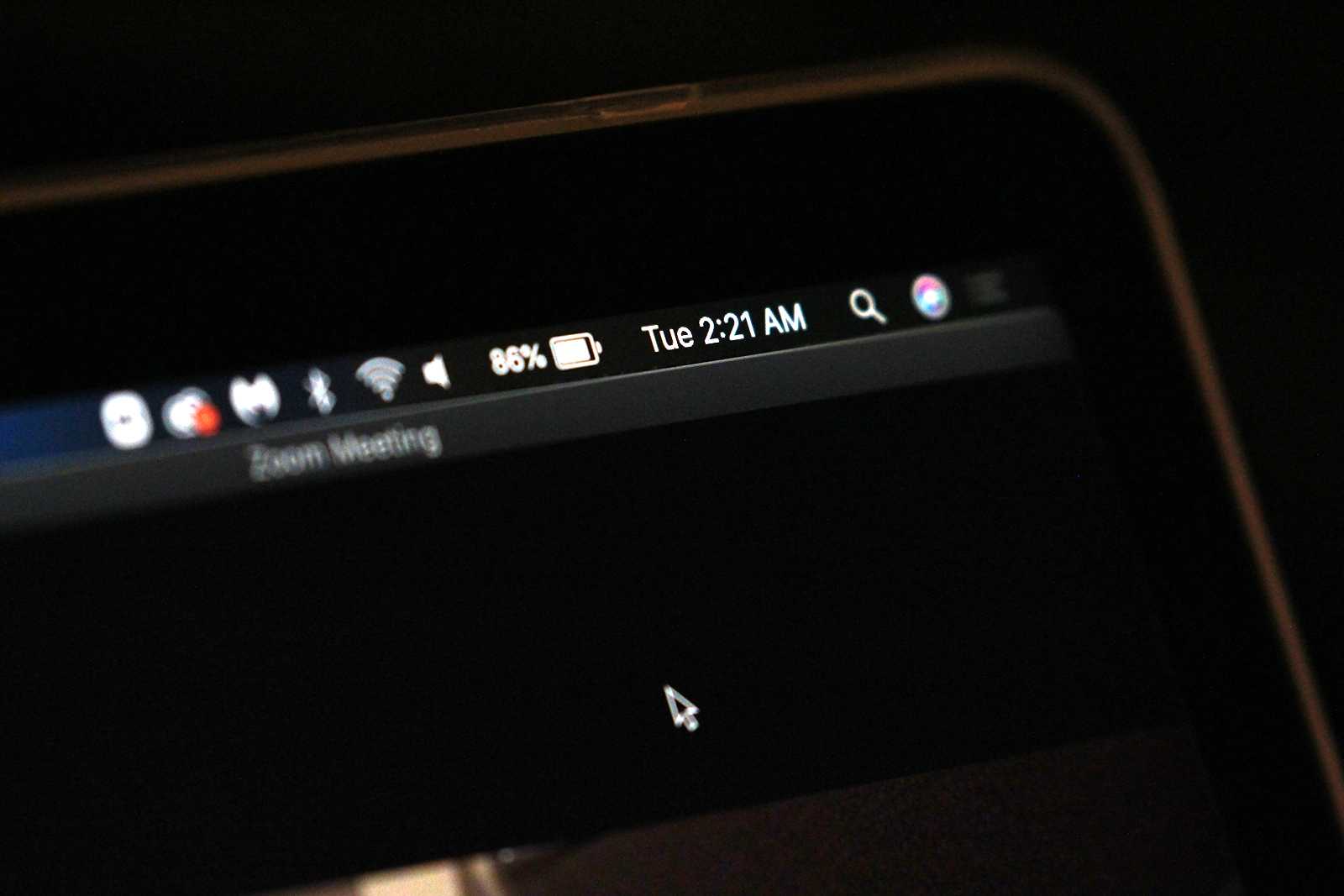Nikki Rojas, a College of Communication sophomore, was woken up by her mother’s phone call on Saturday morning, only to find out that an earthquake had struck Chile, where she was born.
Rojas is one of many students at Boston University with Chilean roots who eagerly awaited news from their loved ones after the massive earthquake rocked Chile, only about seven weeks after the catastrophic quake in Haiti.
The 8.8-magnitude earthquake hit Chile off the coast at 3:34 a.m. on Saturday, followed by more than 100 aftershocks, marking the seventh strongest quake ever recorded worldwide.
Buildings and bridges collapsed, while crushed cars and trucks disappeared into the cracks on the ground. At least 700 were reported dead at press time, and thousands were left homeless.
Rojas said she turned on her TV to follow the earthquake coverage, and was relieved when she found out her grandmother, who visits Chile during the winter, survived the quake.
“Thankfully, I found out that most of my immediate family is OK,” she said. “But there’s my mom’s uncle who we haven’t heard from. We are hoping that he’s all right.”
Rojas said her family lives in Viña del Mar, which is not very close to the epicenter of the earthquake but was hit hard by the aftershocks reaching up to 6.6 in magnitude.
“Electricity is down and they are having a lot of problems,” she said. “I haven’t personally spoken to my family. I have no idea how they feel and what it was like.
More than 2 million people have been displaced by the quake, according to the Chilean National Emergency Office. Chilean President Michelle Bachelet declared a “state of catastrophe” on Saturday, adding that 500,000 homes were severely damaged.
Power, communications and transportation systems were largely ruined in the quake, hindering search and rescue efforts. Many BU students who have connections in Chile said they experienced difficulty trying to reach their families, relatives or friends in the quake zone.
“The phone lines were all blocked and people were having trouble getting a hold of their friends and family,” COM senior Martin Morales, whose mother is from Chile, said in an email. “I emailed my cousins, but we ended up talking on Facebook chat and they told me everything was fine.”
The massive earthquake was felt as far as Brazil, causing panic around the globe for the potential tsunamis the earthquake could trigger.
A tsunami evacuation was issued in Hawaii and warning sirens were sounded throughout the state. Students from Hawaii said they were nervous about their families, but were glad little damage was reported.
“I called my mom, who was already awake because of the siren, but my family was not very nervous and I think it was the attitude that most people had at home,” said Alia Wong, a COM sophomore from Honolulu.
Wong said she thinks some Hawaiians students were being overdramatic about the tsunami.
“Most people that were in school were freaking out because they felt helpless and they didn’t know what was going to happen,” she said. “But the people at home weren’t panicking at all.”
According to BU’s International Student and Scholars Office, there are more than a dozen BU students in total who are Chilean citizens.
BU spokesman Colin Riley said the university will discuss plans for support in the coming weeks.
“The news coverage has shown terrible devastation,” he said in an email. “The university will reach out to members of the university community who are affected by the earthquake.”
Rojas, who started a Facebook page called “Boston Students United for Chile,” said she’s trying reach out to students to start relief efforts on campus.
“We’ve seen how well the community responded to Haiti,” she said. “We need to do the same thing for Chile.”



















































































































escort • Apr 26, 2013 at 5:15 am
You could certainly see your enthusiasm within the paintings you write.